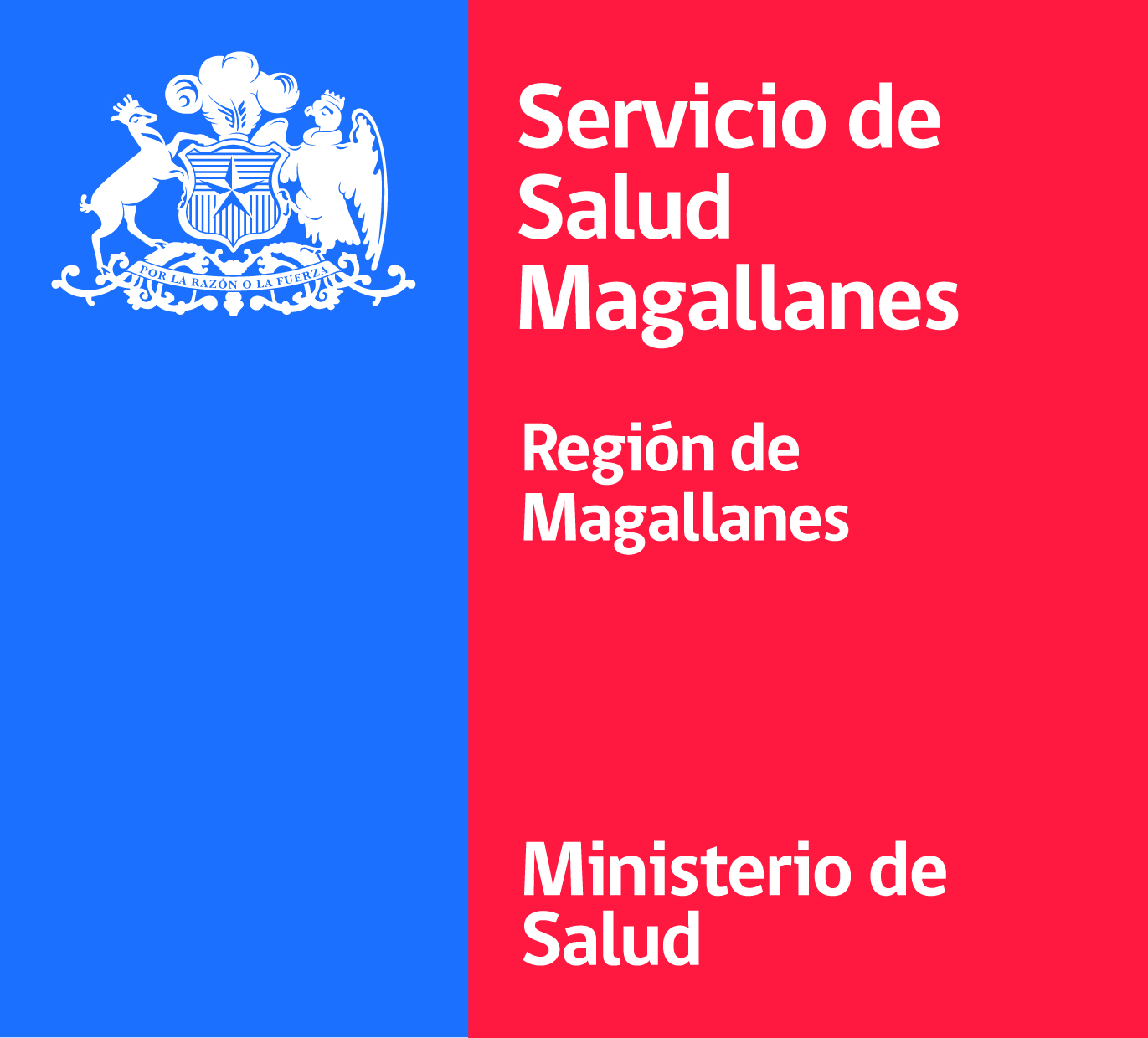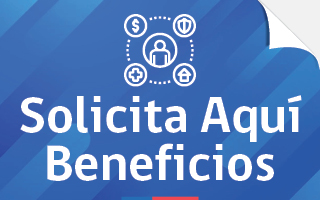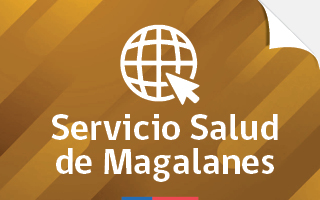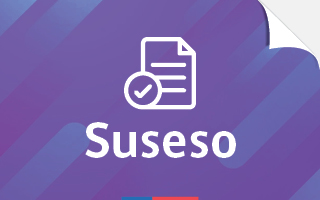Youth Justice Legal Center
Our strategies include individual legal representation for youth with unmet needs in education, foster care, and juvenile justice, conflicts of influence, community building and organizing, and national policy advocacy. We promote public policies and system reforms that keep young people in school, stay out of the juvenile justice system, and thrive in their communities. We advocate on behalf of young people in a number of areas that affect their lives. Learn more about our work, our team and how we – and you – can make a difference. Justice for children lies in parental love. When children are not with the family, there must be a sense of urgency to ensure they receive the love, care and support that every child needs and deserves. Fight with us for justice for children and youth in foster care and juvenile courts. The Youth Law Center is committed to sharing resources, information, and advocacy tools that can improve quality of life and opportunities for foster youth and juvenile justice. Our goal is to strengthen the field through knowledge and increase the impact of those working on change for our children and youth. The Legal Center for Youth Justice and Education (LCYJE) is a national collaboration of the Southern Poverty Law Center, the Juvenile Law Center, the Education Law Center-PA and the American Bar Association Center on Children and the Law. Our mission is to ensure that all youth in the juvenile and criminal justice system and returning from the juvenile and criminal justice system have access to quality education. We establish collaborations between juvenile justice and education experts, highlight innovative model process strategies, and work to redesign federal, state, and local policies. As part of the YJLC project, we host an annual youth justice summit, which has become an important event in the juvenile justice calendar.
In 2019, the third edition of the summit took place, attended by more than 250 lawyers and juvenile justice professionals. We work with youth, their families and communities to achieve racial, social and economic justice for all youth by reducing the systems that create and sustain poverty. More than 430,000 adolescents are placed in foster care and about 20,000 young adults are «aging» without lasting family ties. They deserve better from the institutions they are supposed to support. Judge approves regulation to set standards for the care of young inmates in emergency room centres Get discounts on juvenile justice training and a number of other benefits when you become a YJLC member In this seminar, we discuss this legal guide, which provides an overview of the law on allegations of sexual offences against children. The guide provides an overview of the most important crimes, guides you through the key stages of a case, from the first indictment to conviction and criminal record, and offers practical advice on the work that needs to be done by the defense at each stage. At the Center for Children & Youth Justice (CCYJ), we are changing the way young people experience child welfare and juvenile justice – for the better. By listening to youth and working with partners across Washington State, we are helping to reshape our child welfare and juvenile justice system to meet the unique needs of children and youth. Every year, we help improve the lives of 50,000 young people. Our youth advocates create change through advocacy, media relations and public education. Their expertise and lived experience are crucial for political reforms. The Juvenile Justice Legal Centre (YJLC) was established in 2015 as part of Just for Kids Law to provide legally correct information, advice and training on juvenile justice law.
YJLC is a centre of excellence in juvenile justice law and provides: Each objective provides examples of programs, laws, resources, policies and practices that exist to improve educational outcomes for children in juvenile justice. LAJC`s juvenile justice program envisions a Virginia where all youth have access to quality public education, evidence-based community support, mental health services, and a truly restorative juvenile justice system. Today, your support helps us respond quickly and effectively whenever young people need advocates. The Blueprint for Change: Educational Success of Youth in the Juvenile Justice System sets out 10 objectives that set the overall framework for promoting the educational success of youth in the juvenile justice system. There are correlated benchmarks for each goal that, if met, would indicate progress in improving educational outcomes. Benchmarks are the more specific and concrete policies and strategies to achieve the broader objectives. Download a pdf of the targets and benchmarks here. Sign up for our newsletter to receive all our juvenile justice updates straight to your inbox «When I was in a group home, I was taught to believe that there is no one who wants to take care of me as a parent. That this group home was all I had. Since then, I have accomplished a lot. I would give up EVERYTHING if I could go back and have a real family.
If I could have parents. Every year, juvenile courts hear about 800,000 cases throughout the country. Young people need experienced and committed advocates to fight for them in courts, parliaments and town halls. INTEGRITY to do the best we can for our customers, regardless of the financial or social consequences for ourselves, and to earn the trust of our supporters and customers. This master plan was developed with funding from the Southern Poverty Law Center. This plan is based on the successful Blueprint for Change: Education Success for Children in Foster Care developed by the Legal Center for Foster Care and Education, a collaboration between the American Bar Association Center on Children and the Law, the Education Law Center-PA and the Juvenile Law Center. LCYJE appreciates the contributions of partner organizations to the collection of these resources and the development of the Blueprint framework. In particular, we would like to thank those who provided feedback during the panel discussion on juvenile justice and education in April 2016.




